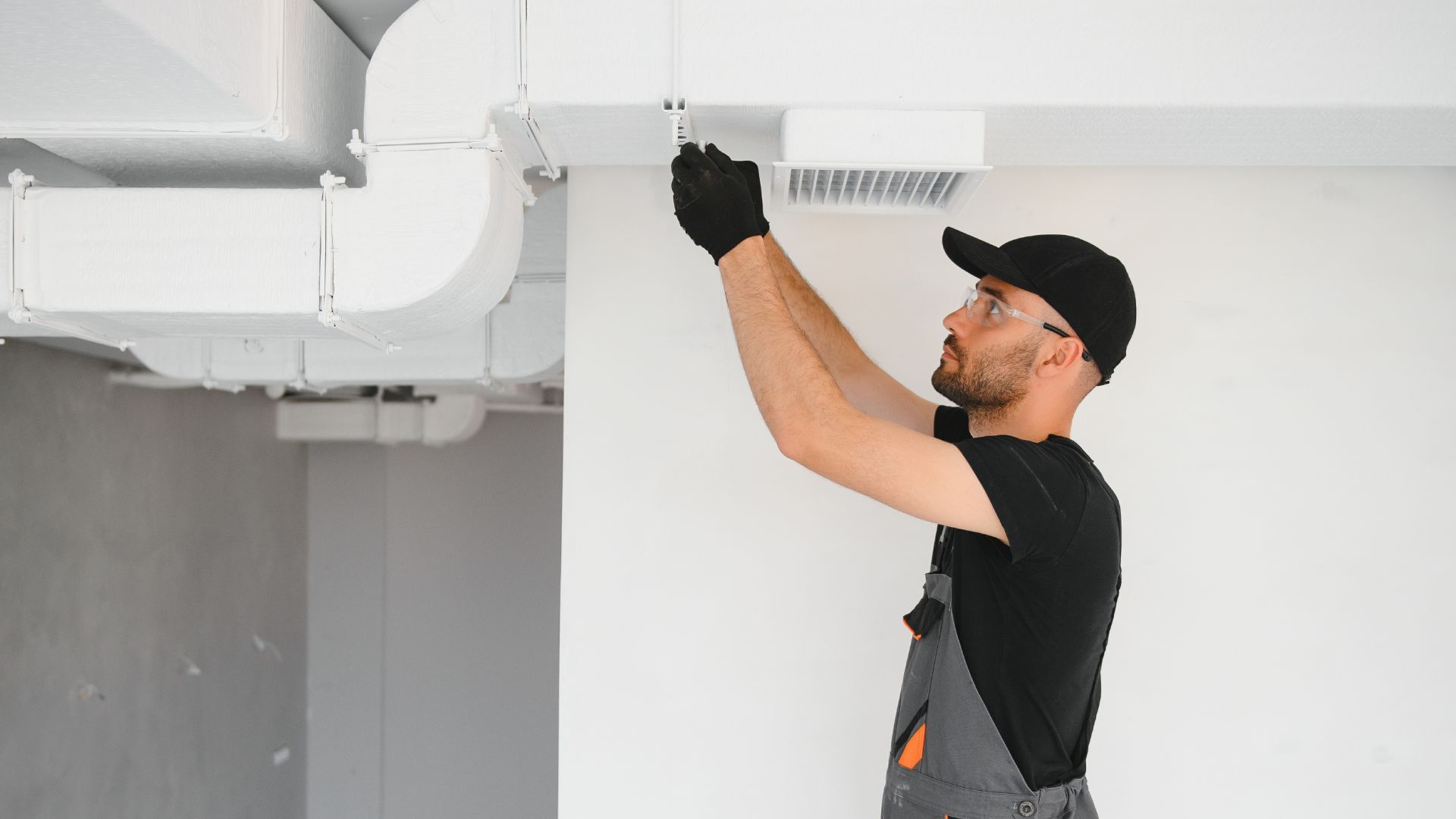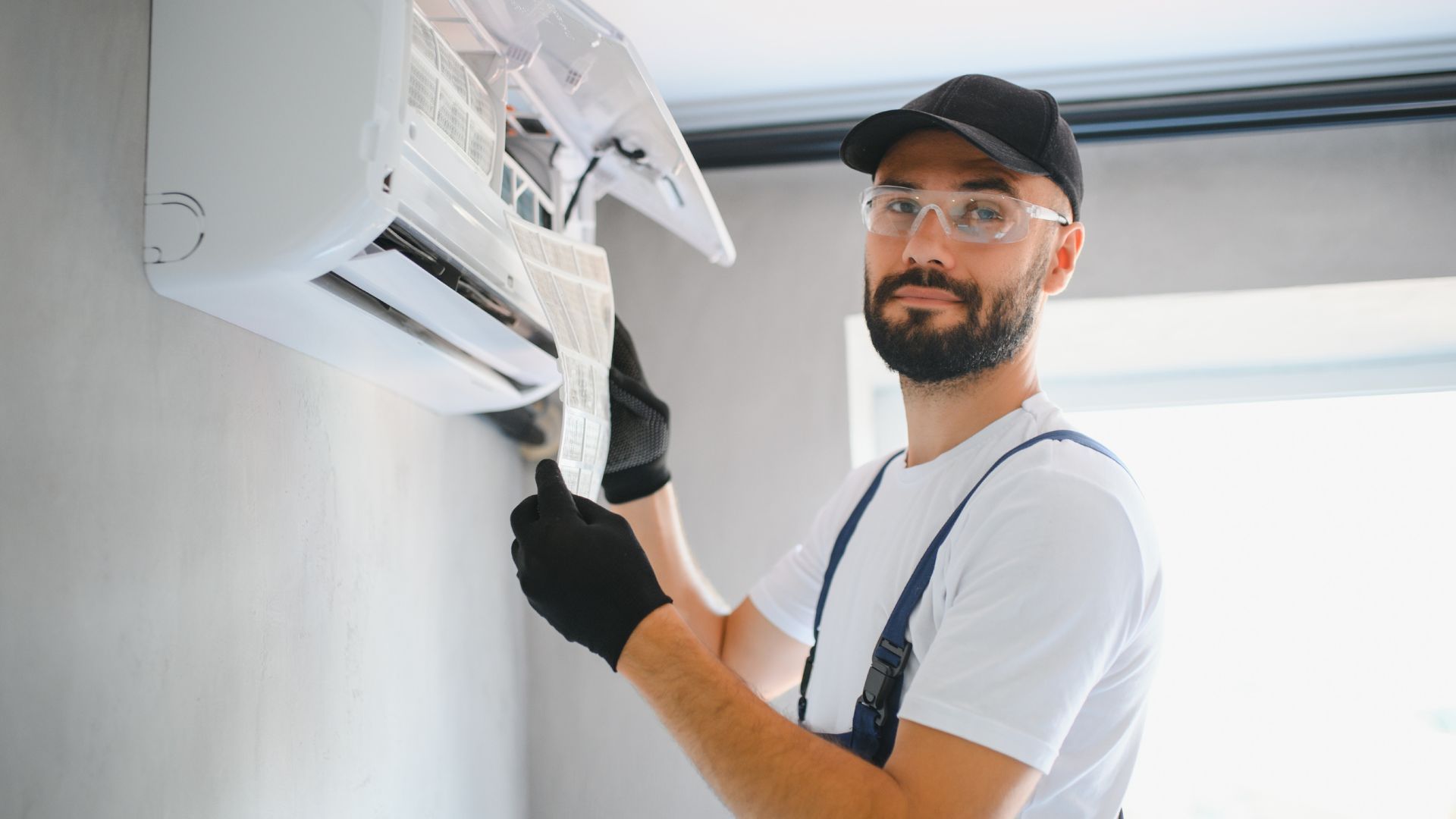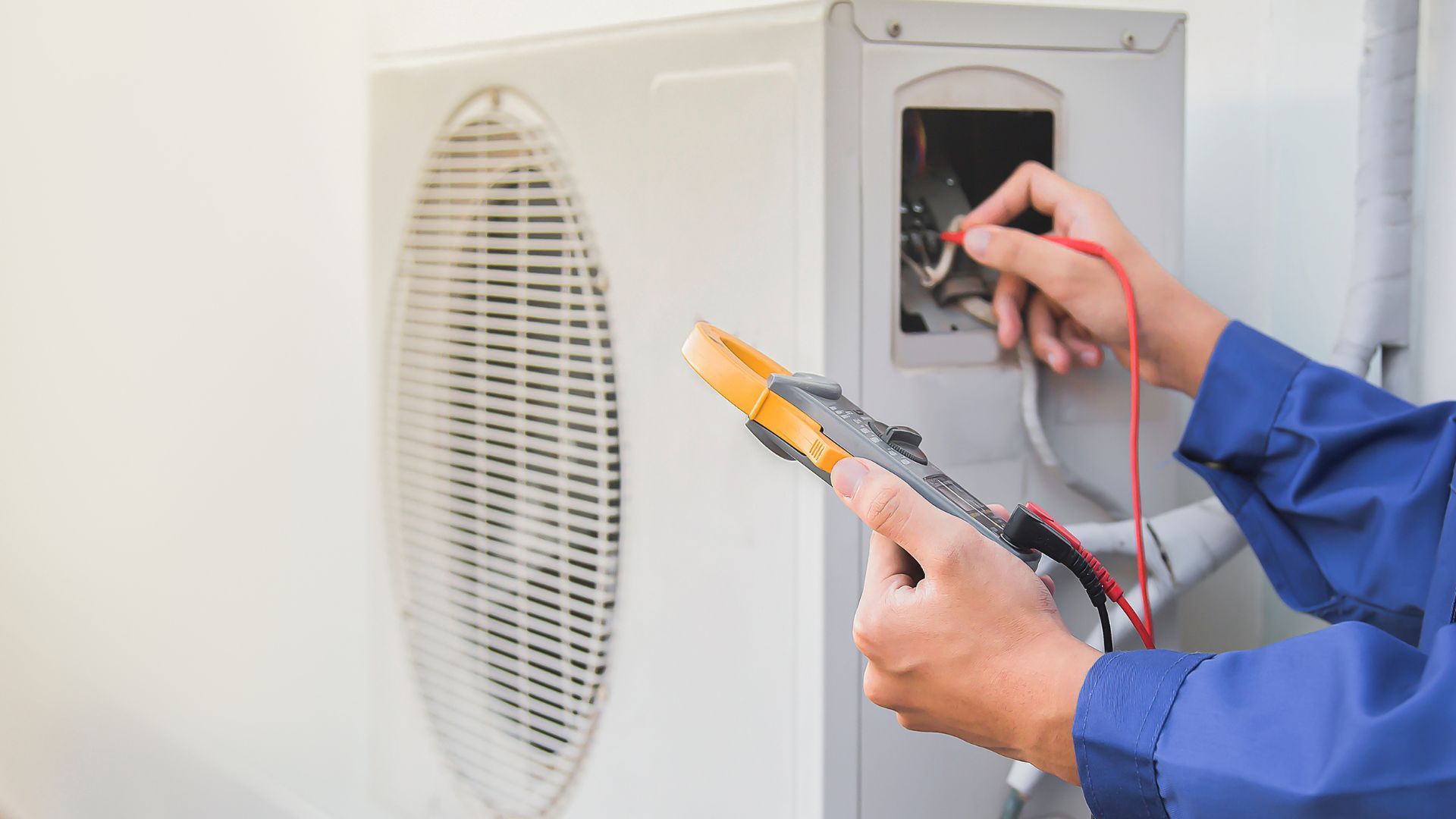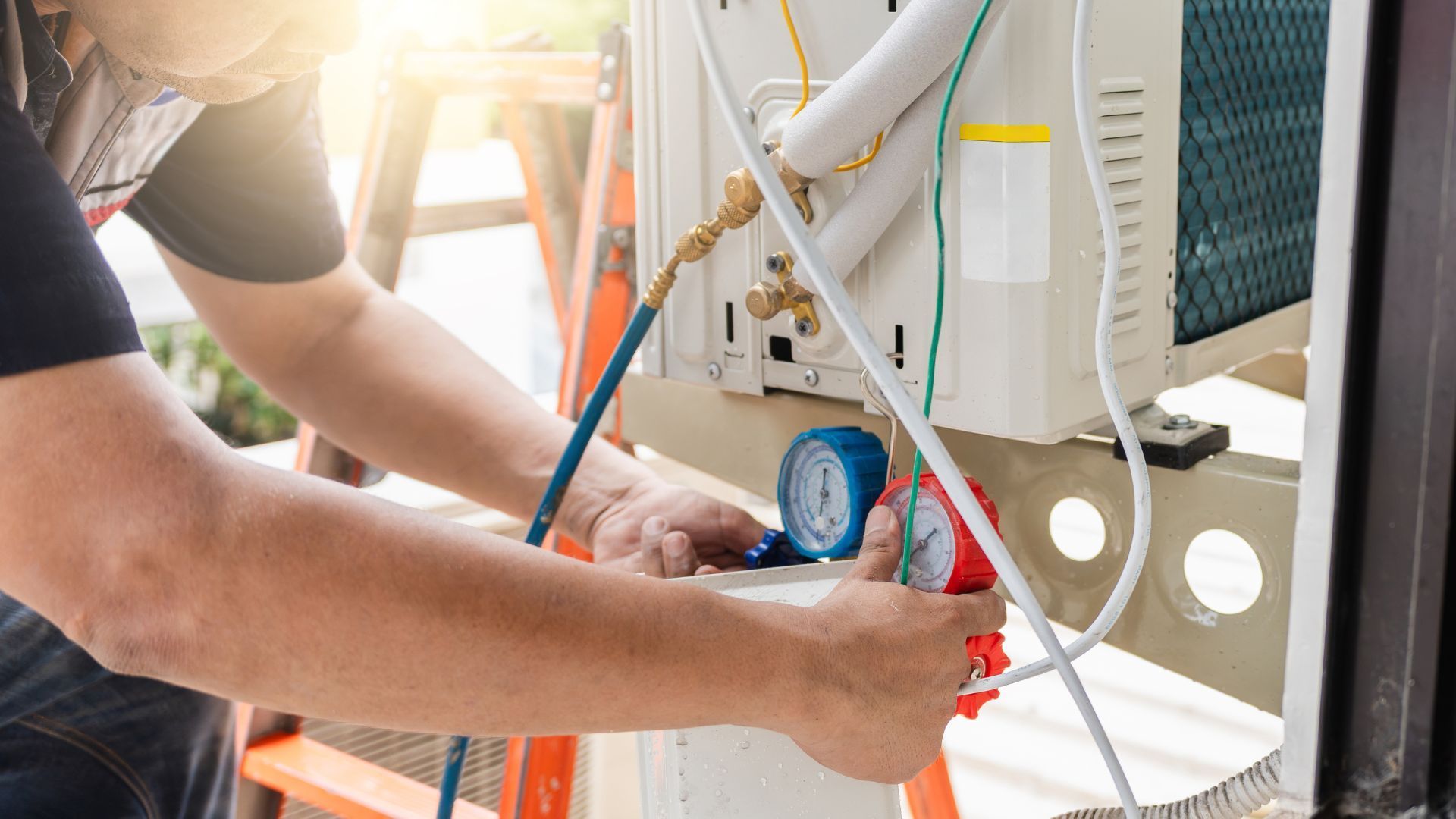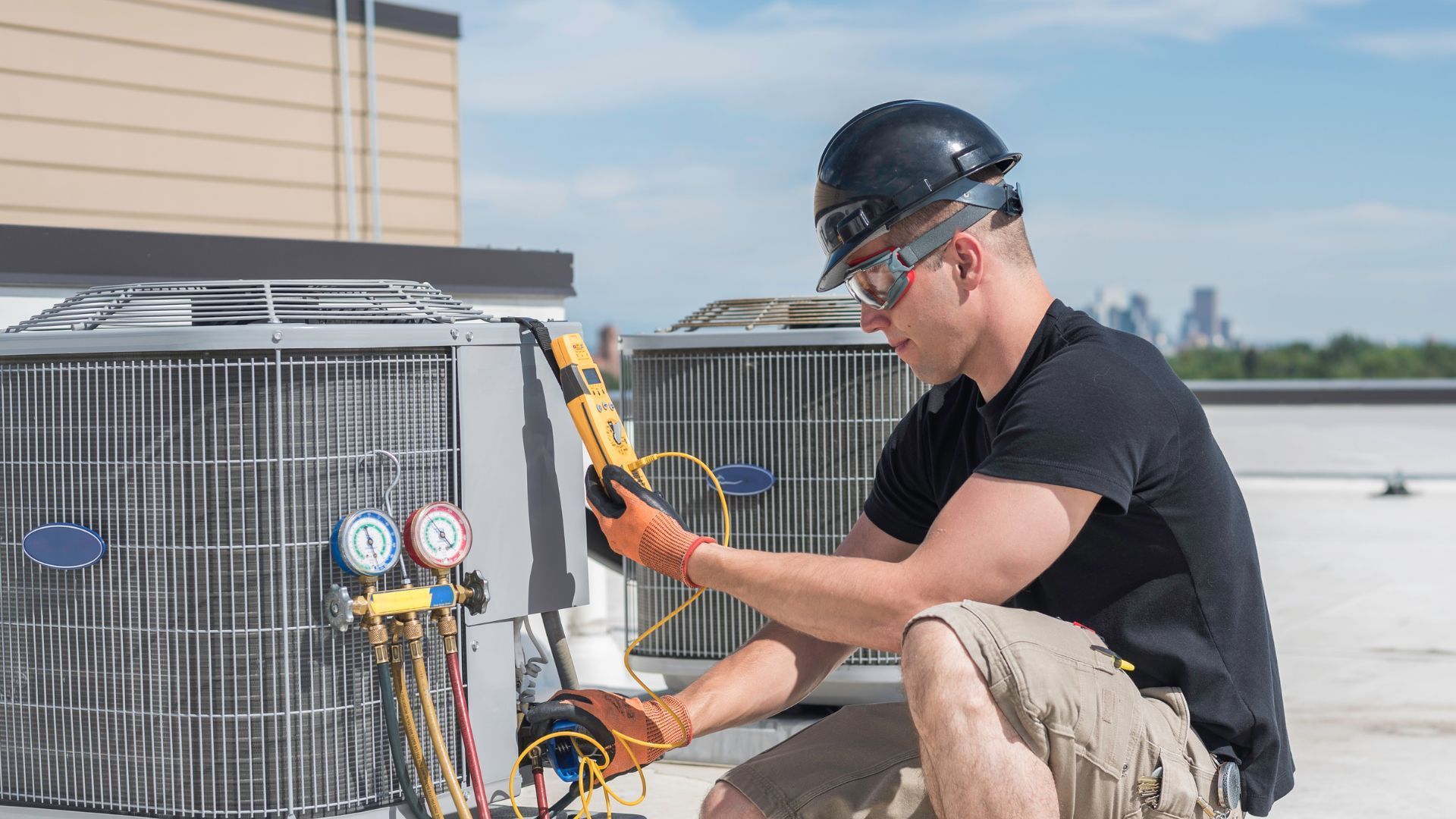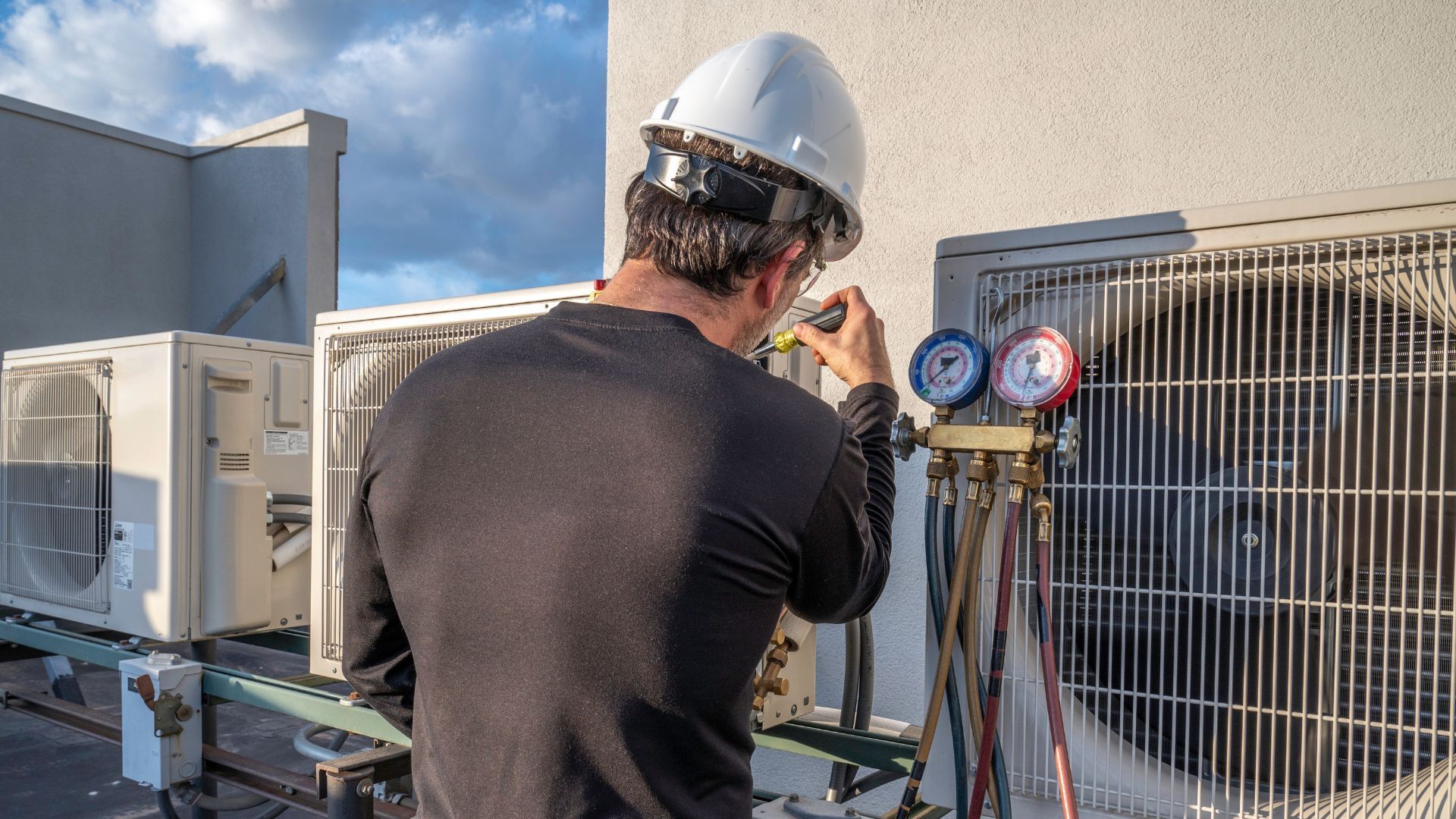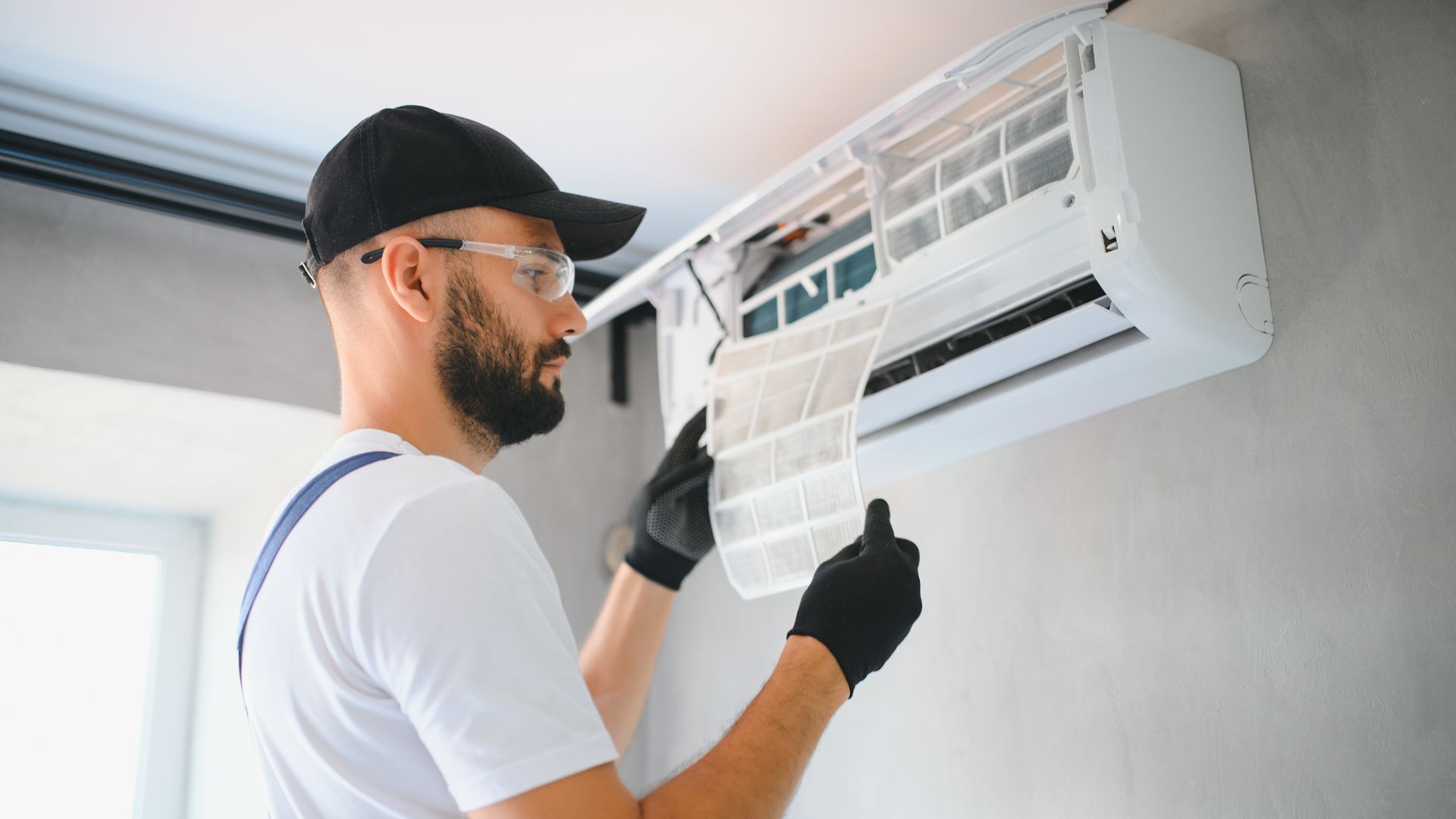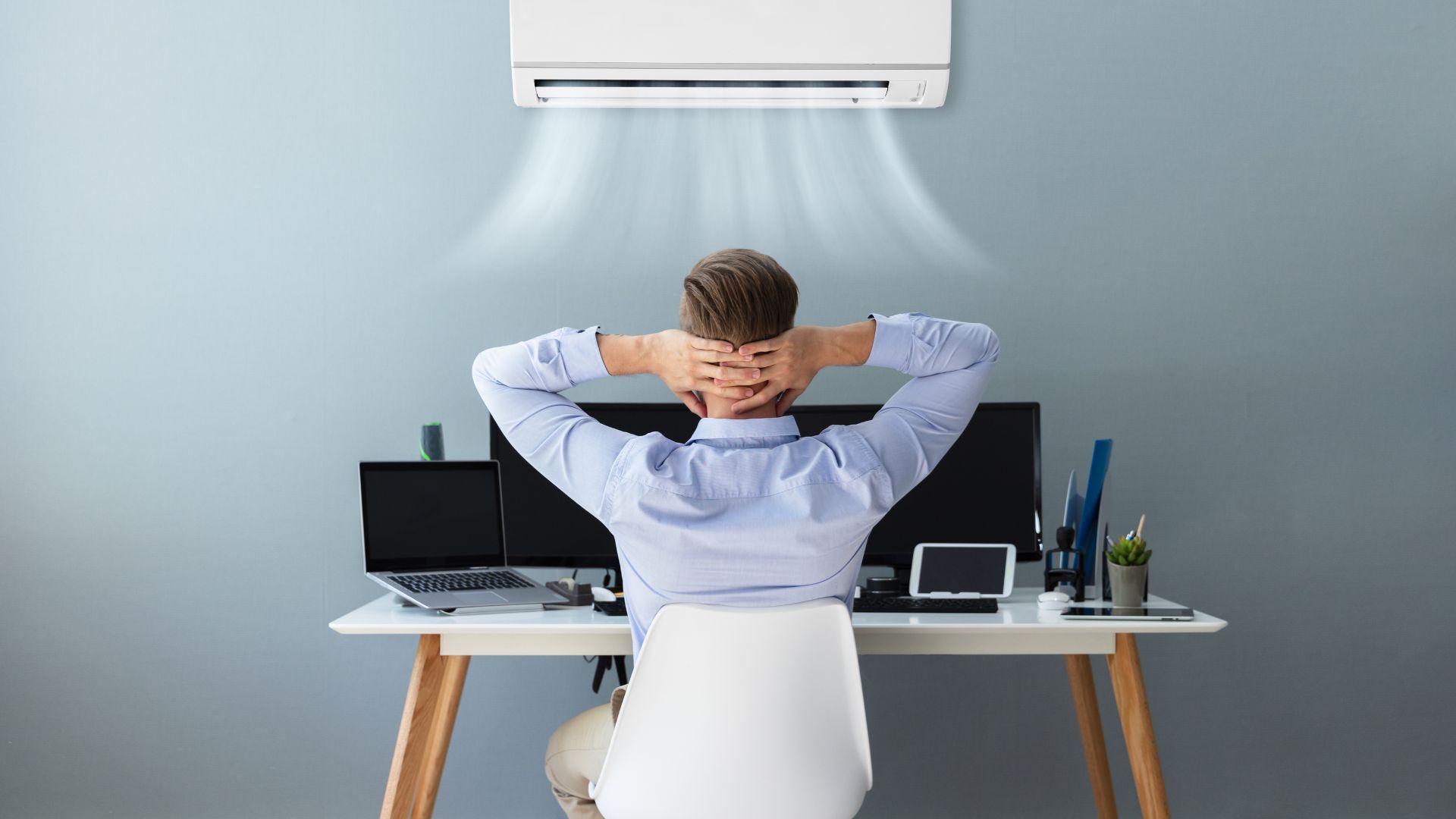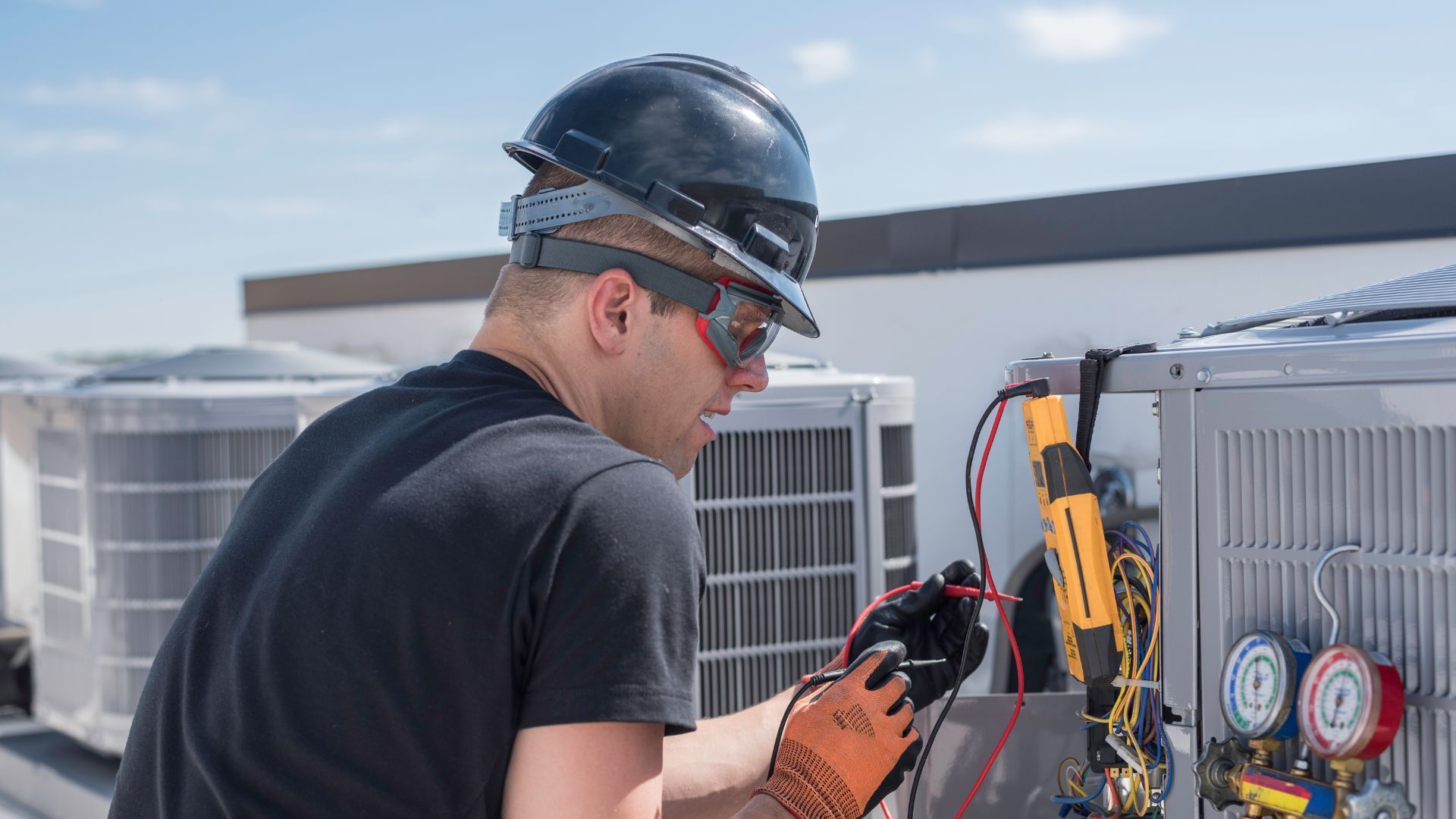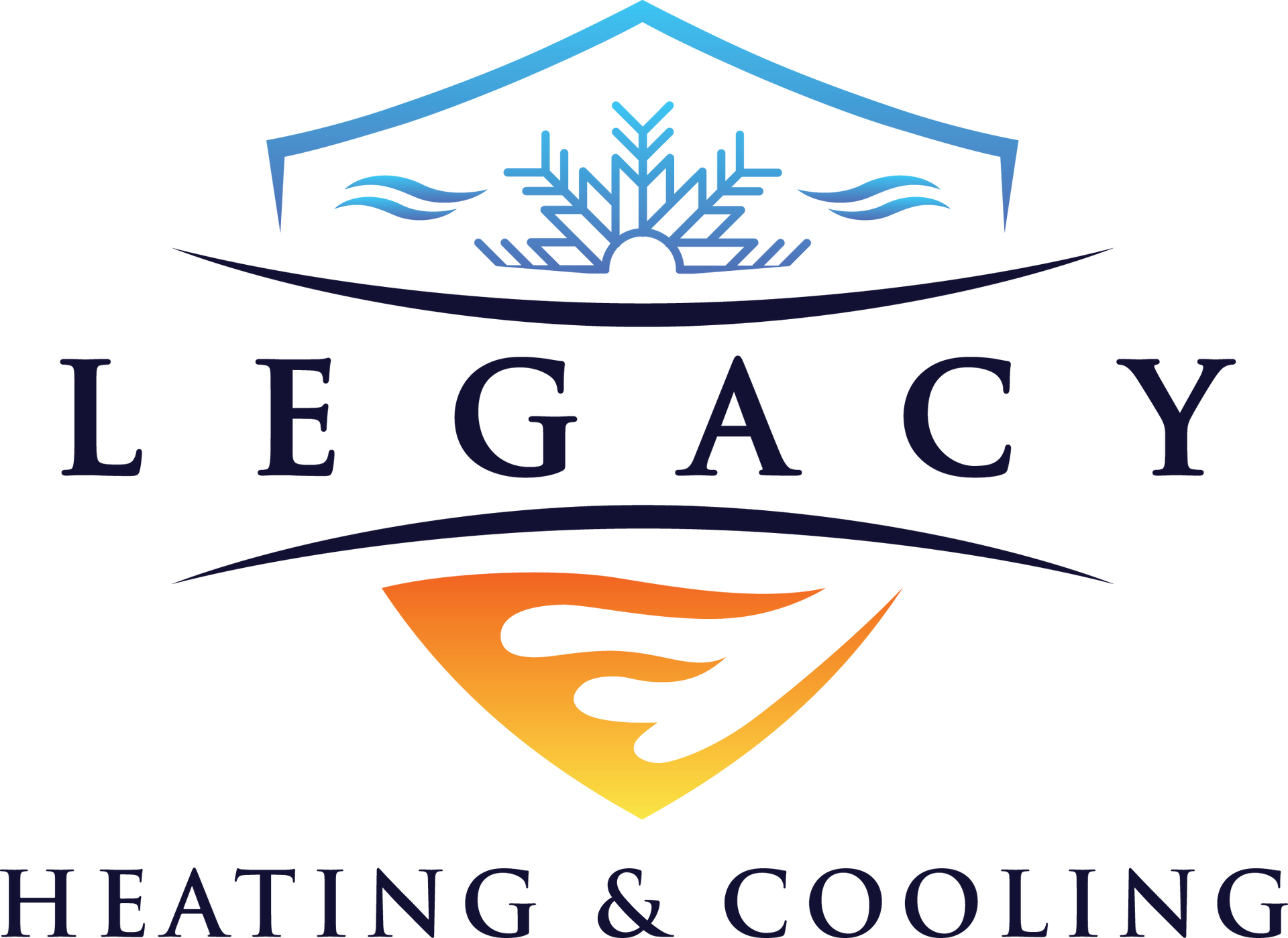Tips to Master Seasonal HVAC Servicing and Boost Efficiency
Master Seasonal HVAC Servicing for Optimal Performance
Regular HVAC servicing is essential for maintaining comfortable indoor environments and prolonging equipment life in both residential and commercial properties. Local providers such as
HVAC services in Rhode Island
play a critical role in ensuring timely maintenance and addressing regional climate challenges. Homeowners and businesses benefit from planned seasonal maintenance protocols that address cooling, heating, and energy efficiency. This guide outlines the key tasks for each season, best scheduling practices, and how expert technicians and modern technologies help prevent costly repairs and breakdowns, ensuring HVAC systems run efficiently year-round.
What Are the Essential Seasonal HVAC Servicing Tasks for Each Season?
Seasonal HVAC servicing adapts to varying environmental demands. Specific tasks are performed each season to handle system stresses, maintain comfort, and avoid failures.
Which Spring Tune-Up Steps Prepare Your AC for Cooling Season?
Spring tune-ups involve a detailed inspection of outdoor AC units to remove debris. Technicians check refrigerant levels, calibrate thermostats, clean drainage lines, and inspect electrical connections and motors. Regular coil and filter cleaning ensures proper airflow and a faster cooling response, reducing the risk of mid-summer breakdowns while optimizing indoor air quality.
How Does Summer HVAC Maintenance Prevent Peak Usage Breakdowns?
During summer’s high temperatures, HVAC systems operate continuously. Preventative maintenance includes frequent filter replacements, checking condenser units for blockages, and inspecting compressor health. Technicians also reapply protective coatings and lubricate moving parts. These measures help avoid sudden failures and can reduce energy costs by up to 15% when systems run efficiently.
What Fall Tune-Up Actions Optimize Heating System Efficiency?
In the fall, the focus shifts from cooling to preparing heating systems. Technicians inspect furnaces and heat pumps, clean burners and pilot lights, check for gas leaks, and calibrate thermostats. They also inspect ductwork and assess insulation quality to ensure even distribution of warm air and reduce energy consumption during winter.
Why Is Winter HVAC Maintenance Critical for Reliable Heating?
Winter maintenance is crucial for heater reliability. Technicians inspect heating elements such as burners, heat exchangers, and blowers; conduct safety checks, including carbon monoxide monitoring; and recalibrate systems to handle prolonged high-demand usage. A well-maintained heating system minimizes emergency repairs and can improve energy efficiency by up to 20%, ensuring comfort even during severe cold spells.
How Can You Maximize Energy Efficiency Through Seasonal HVAC Servicing?
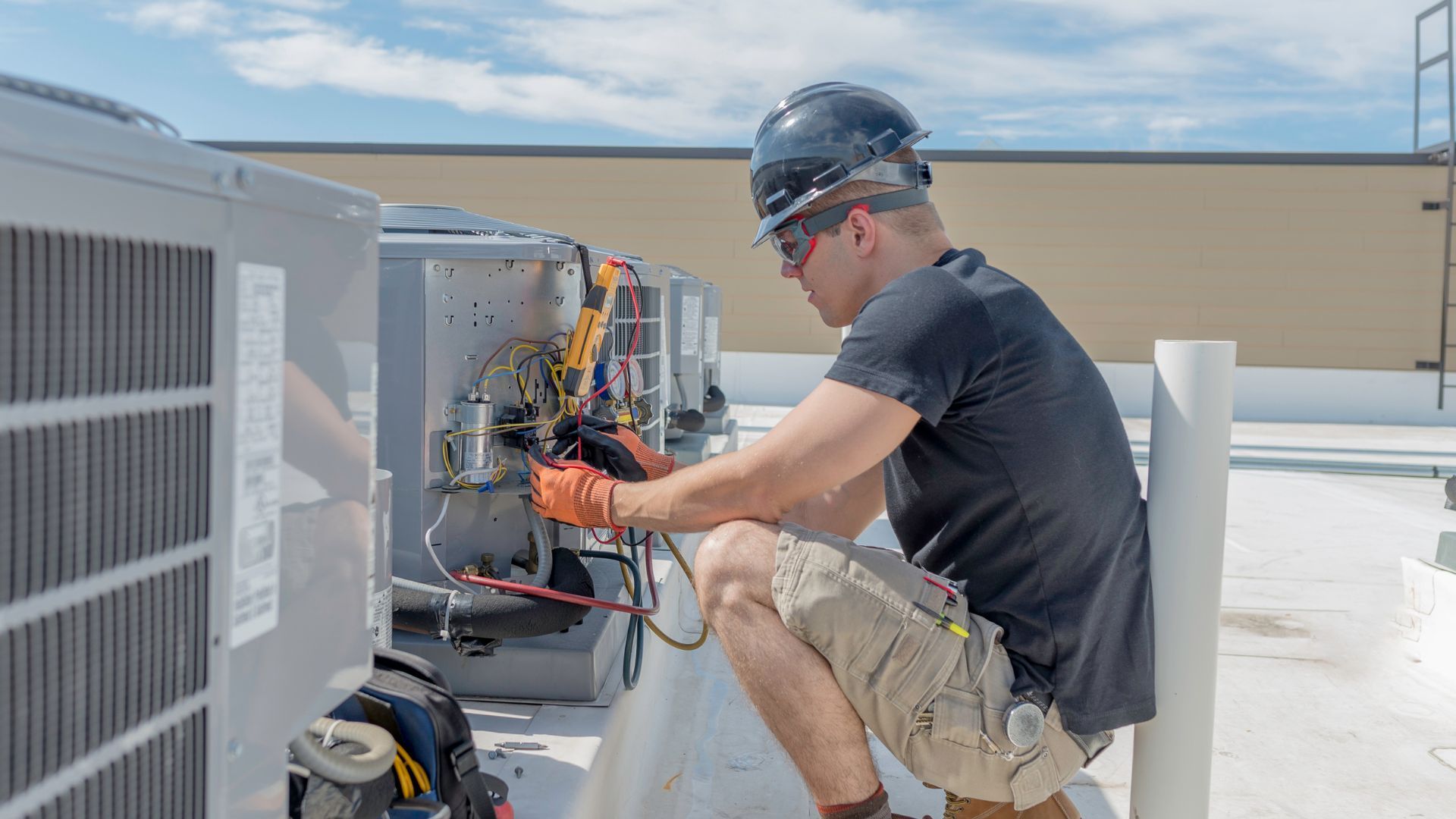
Achieving high energy efficiency with HVAC systems requires regular maintenance, modern technology, and expert skills. Efficiency improvements focus on optimizing airflow, maintaining proper refrigerant charge, and ensuring sound mechanical integrity.
What Role Do Expert Technicians Play in Enhancing HVAC Efficiency?
Expert technicians diagnose obscure issues, calibrate controls precisely, and optimize system settings to minimize energy losses. Their skills help reduce operational costs while enhancing indoor air quality. Systems serviced by certified professionals often see efficiency improvements compared to those maintained without specialized expertise.
Which Maintenance Practices Reduce Energy Consumption Year-Round?
Regular cleaning, prompt replacement of worn parts, and tight electrical connections contribute to energy savings. Routine filter changes and duct inspections prevent dust and debris buildup, while proper blower motor and seal maintenance ensure that cooled or heated air is retained within the system. A documented maintenance schedule helps sustain consistent performance during seasonal extremes.
How Do Proactive Maintenance Plans Extend HVAC Equipment Life?
Proactive maintenance, including periodic cleaning, lubrication, and control adjustments, addresses minor issues before they escalate. These scheduled procedures can extend an HVAC unit’s lifespan by up to a decade, reduce emergency repair calls, and may even improve resale value and warranty compliance.
What Are the Best Practices for Scheduling and Performing Seasonal HVAC Maintenance?
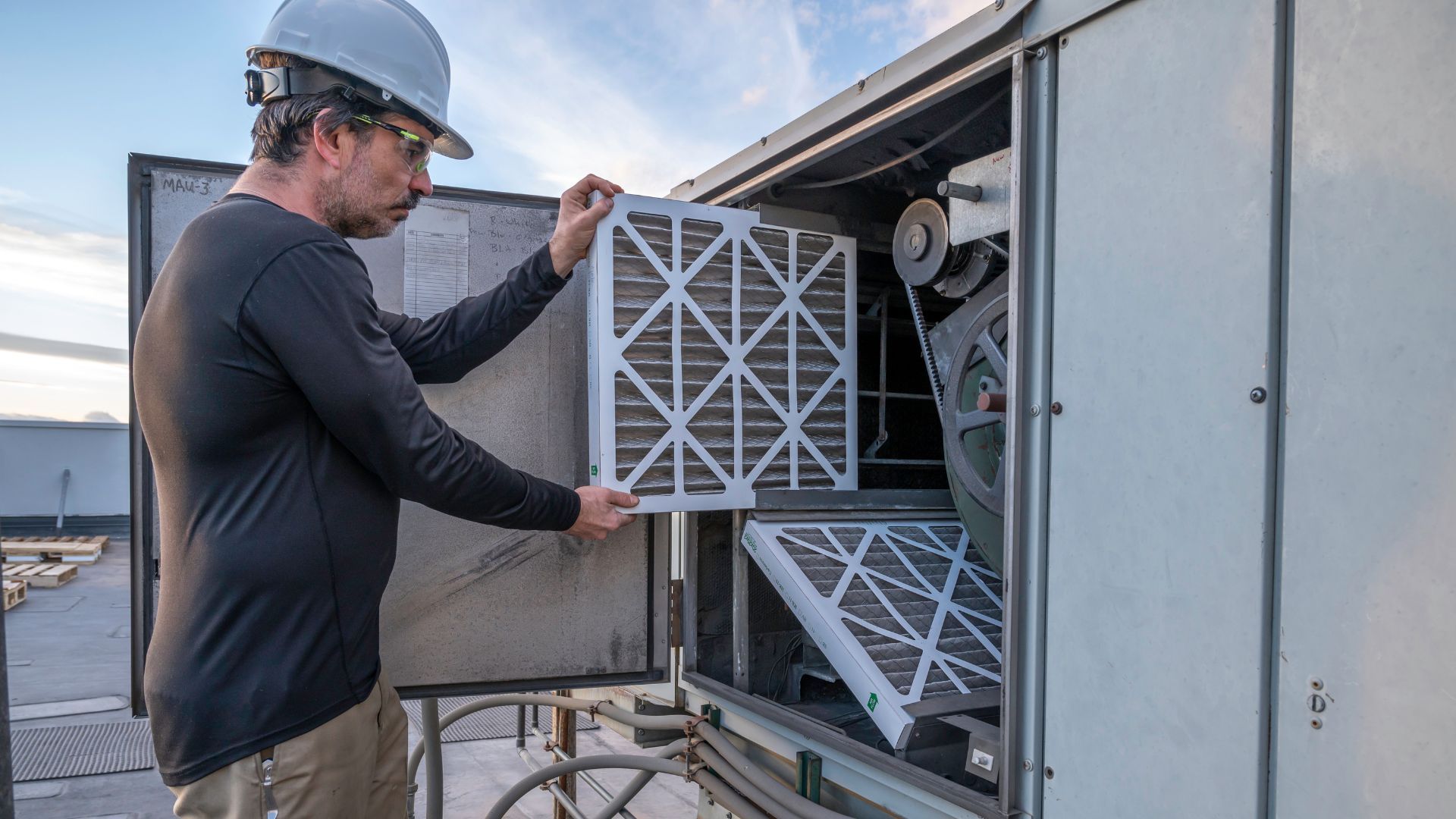
A structured maintenance schedule and thorough inspections are key to reliable HVAC performance. Regular tune-ups ensure issues are detected early, preventing disruptions.
How Often Should You Schedule HVAC Tune-Ups for Optimal Performance?
Most systems benefit from biannual tune-ups—one before the cooling season and one before the heating season. High-use commercial systems might need quarterly inspections. Regular scheduling allows technicians to monitor system performance and address critical issues before they escalate.
What Are the Key Inspection Points During Seasonal Servicing?
Key inspection areas include checking refrigerant levels, cleaning condenser and evaporator coils, assessing electrical wiring, and replacing worn parts. Technicians also examine ductwork for leaks and verify system controls. A comprehensive inspection ensures that potential problems are quickly resolved, improving the indoor climate and reducing energy waste.
How Does Transparent Pricing Improve Customer Satisfaction in HVAC Servicing?
Transparent pricing builds trust with homeowners and business managers by clearly outlining service costs. Detailed estimates, clear communication, and written documentation help secure long-term maintenance agreements, ensuring predictable repair costs and enhanced customer loyalty.
How Do Seasonal HVAC Servicing Plans Prevent Costly Repairs and Breakdowns?
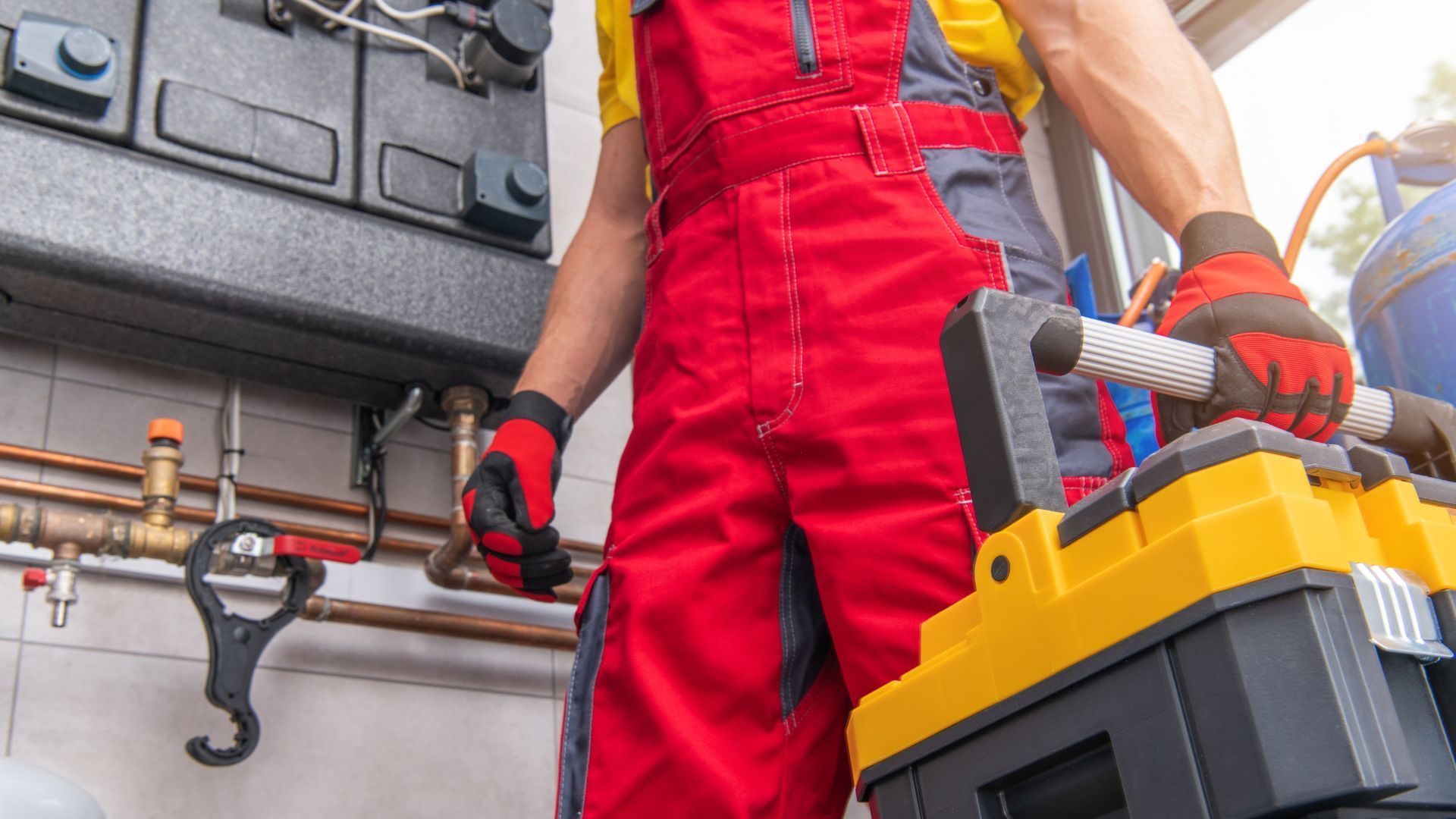
Seasonal servicing plans are designed to detect and address small issues before they lead to major failures. Regular inspections can prevent catastrophic breakdowns that result in expensive emergency repairs.
What Common HVAC Issues Are Detected During Seasonal Servicing?
Technicians often find clogged filters, refrigerant leaks, faulty thermostats, and minor electrical issues. They also identify signs of mechanical wear like unusual noises or vibrations, addressing these problems early to prevent system shutdowns.
How Does Early Detection Save Money on HVAC Repairs?
By catching minor issues early—such as small refrigerant leaks or pre-worn components—preventative repairs can significantly lower annual repair expenses, sometimes by up to 30%. This reduces the need for major component replacements and minimizes downtime.
Why Is Customer Satisfaction Guaranteed With Proactive HVAC Services?
Regular, proactive servicing results in consistently efficient systems that provide reliable comfort. Scheduled maintenance visits, fast response times, and detailed service reports enhance customer confidence and satisfaction.
What Are the Key Benefits of Hiring Certified HVAC Technicians for Seasonal Servicing?
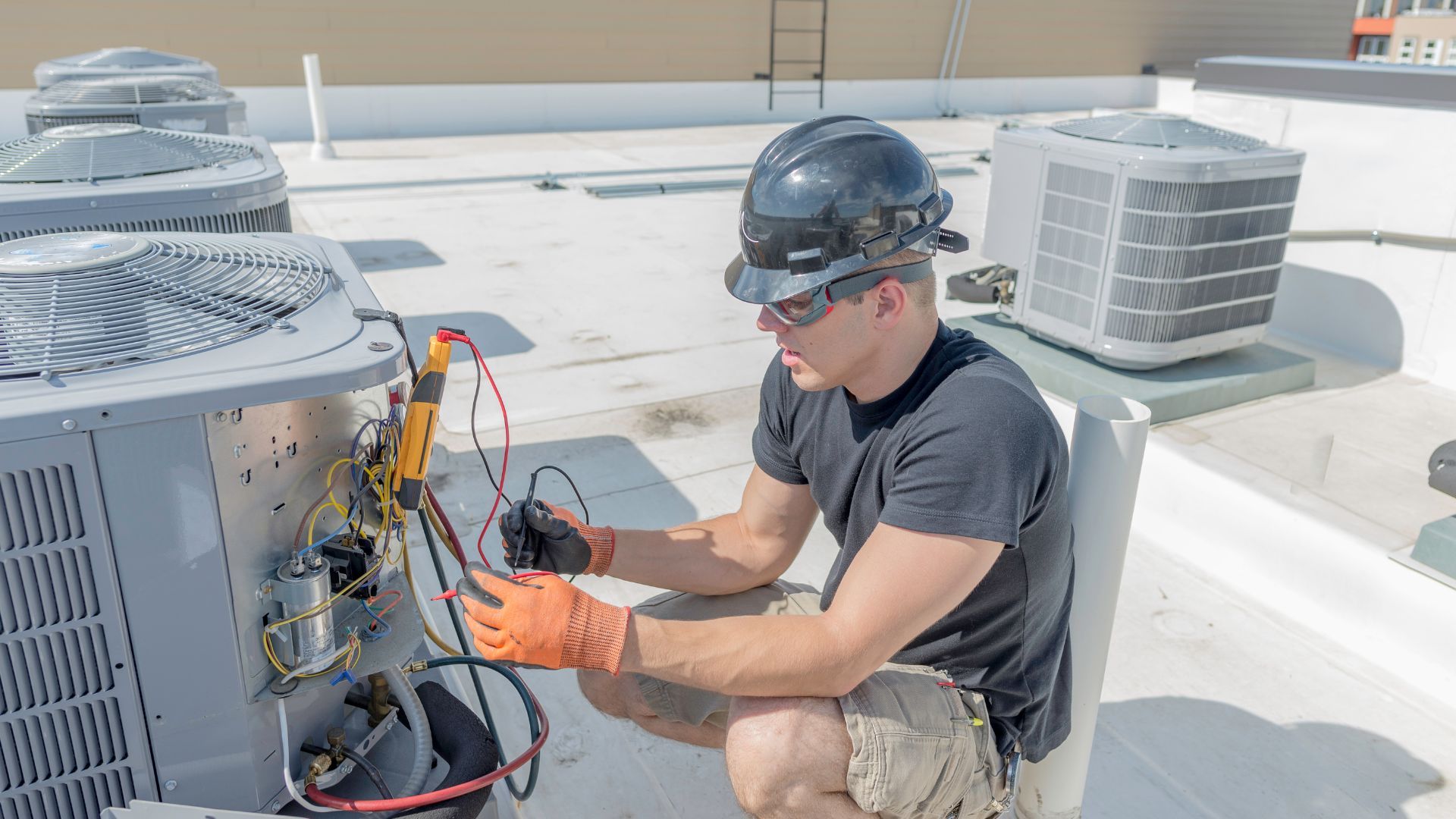
Certified HVAC technicians possess the specialized skills needed to safely and effectively maintain and repair complex HVAC systems. Their expertise ensures quality work and long-lasting system performance.
How Do Certified Technicians Ensure Safe and Effective HVAC Maintenance?
By following strict industry protocols and safety guidelines, certified technicians handle hazardous materials and use precise diagnostic tools. Their commitment to safety reduces accident risks while enhancing overall system performance.
What Certifications and Training Should You Look for in HVAC Professionals?
Look for certifications such as NATE or EPA 608, which indicate proper training in system handling and refrigerant management. Additional expertise in smart system integration and energy-efficient upgrades helps ensure that your HVAC system is maintained to modern standards.
How Does Technician Expertise Impact HVAC System Longevity and Performance?
Experienced technicians can identify and correct minor issues early, optimizing system settings for energy efficiency. Regular maintenance by certified professionals can lead to a significant improvement in operational lifespan, reducing the frequency of replacements and lowering long-term costs.
How Can Homeowners and Businesses Prepare for Seasonal HVAC Servicing?
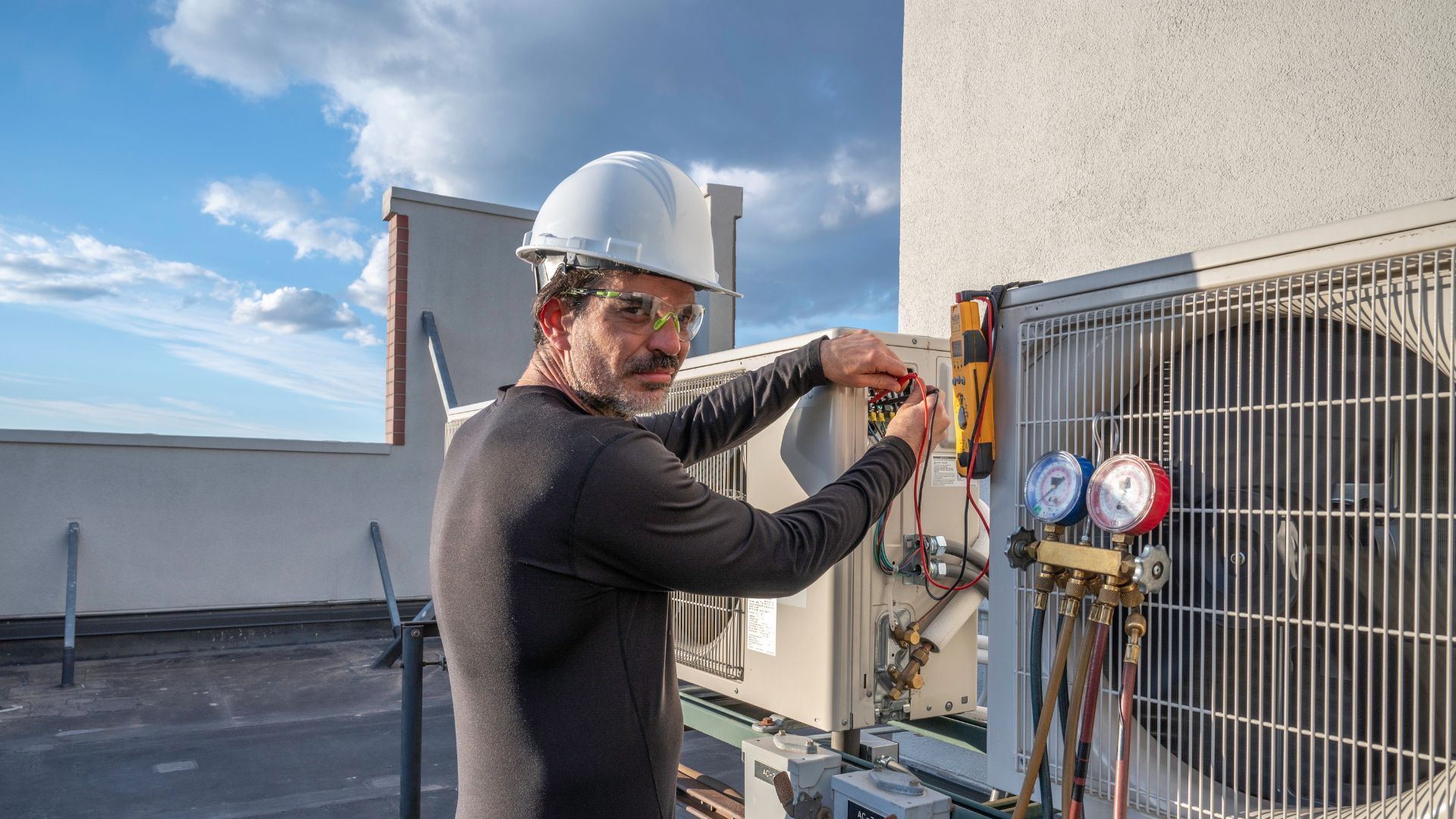
Proper preparation can facilitate smoother maintenance visits. Homeowners and managers can take steps before a technician arrives to ensure efficient servicing.
What Steps Should You Take Before the HVAC Technician Arrives?
Clear obstructions around HVAC units and ensure access to filters and ducts. Review past service reports and note any unusual noises or performance issues. These steps help technicians diagnose and address problems quickly.
How Can You Monitor HVAC Performance Between Seasonal Services?
Monitor energy bills, temperature variations, and airflow in different rooms. Modern HVAC systems with smart thermostats provide real-time metrics, allowing you to spot changes in performance that may indicate the need for early service.
When Is It Time to Upgrade or Replace Your HVAC System?
If repair costs increase or the system fails to meet efficiency standards, consider an upgrade. Frequent breakdowns, uneven heating or cooling, and outdated controls are signs that investing in a modern, energy-efficient HVAC unit may be more cost-effective.
What Are the Latest Trends and Technologies in Seasonal HVAC Servicing?
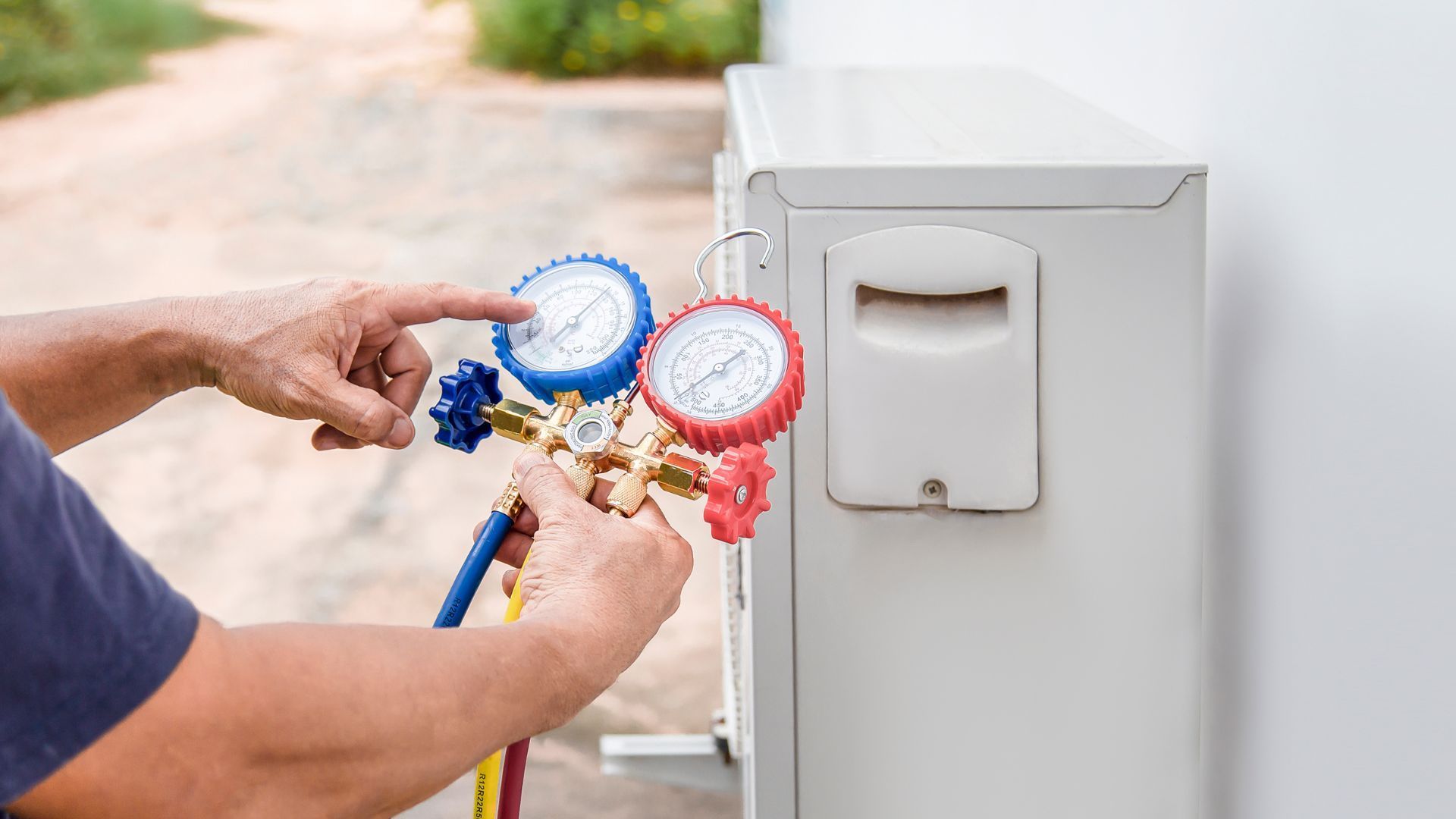
Recent advancements in technology have transformed HVAC maintenance. Smart systems and IoT devices now play a key role in proactive servicing and energy efficiency.
How Are Smart HVAC Systems Changing Seasonal Maintenance?
Smart HVAC systems continuously monitor performance through sensors and wireless connectivity, enabling remote diagnostics. By tracking temperature, humidity, and energy use, these systems allow technicians to detect issues before they impact performance, shortening repair times and improving service accuracy.
What Energy-Efficient Solutions Are Available for Seasonal HVAC Upgrades?
Upgrades now include variable-speed compressors, electronically commutated motors, and solar-assisted systems. Enhanced insulation and advanced programmable thermostats further boost energy efficiency, contributing to lower energy bills and a reduced environmental footprint.
How Do Seasonal Maintenance Plans Adapt to Climate Variations?
Maintenance plans are now tailored based on local climate data and seasonal forecasts. Areas with harsher winters receive extra insulation and calibration checks, while regions facing prolonged heatwaves may require additional filter replacements. Predictive diagnostics help customize these plans to preempt extreme weather conditions.
| Component | Energy Efficiency Feature | Benefit for Users | Operational Impact |
|---|---|---|---|
| Variable-Speed Motor | Adjusts power dynamically | Reduces energy consumption 20% | Improved operational lifespan |
| Smart Thermostat | Automated control and scheduling | Consistent comfort with reduced bills | Remote diagnostics |
| Advanced Insulation | Enhanced thermal resistance | Minimizes heat loss/gain | Increased system longevity |
This table highlights components that boost HVAC energy efficiency. These upgrades are central to reducing operating costs and enhancing system reliability.
Frequently Asked Questions
How often should seasonal HVAC servicing be scheduled?
Most systems benefit from biannual tune-ups—once before the heating season and once before the cooling season—for optimal performance and efficiency.
Can smart HVAC systems help in early issue detection?
Yes, they continuously monitor performance and alert technicians to potential issues, allowing preventive maintenance before major failures.
What certification should I look for when hiring HVAC technicians?
Look for certifications like NATE or EPA 608, which ensure technicians are trained in proper handling and safety.
Which maintenance practices are most effective for energy efficiency?
Regular filter changes, coil cleaning, and duct inspections are essential for maintaining optimal airflow and reducing energy consumption.
When should a system upgrade be considered instead of repair?
If repair costs rise or the system frequently fails to meet efficiency standards, an upgrade to a modern, energy-efficient unit may be more cost-effective.
Final Thoughts
Seasonal HVAC servicing is vital for ensuring indoor comfort, prolonging system life, and maintaining energy efficiency. With well-planned maintenance protocols and expert care, both residential and commercial clients can avoid costly repairs and enjoy reliable HVAC performance throughout the year.

